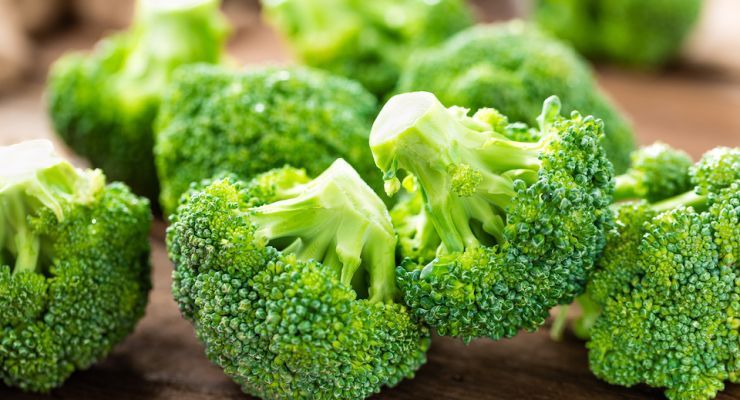Though it is often ignored and abused, your liver is critical to your health and is essential for breaking down carbohydrates, making glucose, and detoxing the body. In fact, the liver performs over 500 functions and is the largest solid gland in your body. So what exactly makes the liver so special, and how can you protect it?
Throughout our daily lives, we inadvertently (or intentionally) fill out bodies with many substances that aren’t exactly welcome. These things such as alcohol, tobacco, chemical beauty products, and processed and fried foods can cause serious harm if left to linger in the body. That’s where the liver comes in. It cleanses your body of these toxins and keeps everything running smoothly. It can’t do it alone; however. The liver needs lots of vitamins, antioxidants, and minerals to process and detoxify, so it is vital to give it what it needs.
Obviously, it is best to avoid unhealthy foods and other toxic byproducts whenever possible. For instance, maybe think twice before getting those McDonald’s fries for the third time this week, or stop smoking entirely. Living a healthy lifestyle is one great way to support your liver, but unfortunately, there are some things you can’t always avoid like pollution, prescribed drugs, viruses, and natural by-products of metabolism. You will always be exposed to a certain level of toxins, but consuming these healthy foods and drinks will protect your liver and make you healthier in the long run.
Other things the liver does:
- Stores vitamins and iron
- Converts stored sugar to usable sugar when the body’s sugar levels fall below normal
- Destroys old red blood cells
- Produces bile to break down and digest fats.
- Supports blood clots
- Metabolizes carbohydrates
Cruciferous Vegetables
This general category refers to veggies such as broccoli, brussels sprouts, cabbage, kale, bok choy, arugula, cauliflower, and a few other cool-season crops. Cruciferous vegetable are perhaps the best foods you can eat to support your internal health, particularly your liver. These vegetables are loaded with glutathione, which is an antioxidant that helps increase toxin-cleansing enzymes in the liver. They are also beneficial for flushing carcinogens out of the body and supporting digestive health.
Green Tea
Green tea is a known source of antioxidants and has been shown to help reduce oxidative stress and fat deposits in the liver. A Japanese study has found that drinking 5-10 cups of green tea per day may also improve overall liver health.
Citrus
Grapefruit, oranges, lemons, and limes are not only good for their high levels of vitamin C. Citrus fruits, especially grapefruit, stimulate the liver to break down toxic substances and contain liver-protecting antioxidants. These antioxidants, naringin, and naringenin work to shield the liver from damage by reducing internal inflammation in the body.
Nuts
Your body needs the healthy fat found in nuts for a number of reasons, including heart and liver health. Nuts like walnuts and almonds are full of beneficial unsaturated fatty acids, vitamin E, and other critical nutrients. Eat a handful of roasted, unsalted nuts each day to support liver health. They may also help reduce your risk of non-alcoholic fatty liver disease.
Olive oil
Another healthy fat, olive oil can actually decrease harmful levels of fat and encourage better blood flow in the liver. Plus, it can produce helpful liver enzymes and reduce oxidative stress. Enjoy it as a healthy salad dressing or when cooking at low heat. Avoid using olive oil at high temperatures as the heat can cause it to degrade and lose many of its benefits.
Beets
Beets and beetroot juice contain vitamin C and fiber, which the digestive system needs to function optimally. Though human studies are needed to support the results of animal testing, there is some evidence to suggest that beets can stimulate bile flow, reduce oxidative damage, and boost enzymatic activity in the liver.
Garlic
Garlic has high levels of selenium, which is a micronutrient that has been shown to increase the presence of natural antioxidant enzymes in the liver and give it extra support to flush out those toxins. Though garlic can be enjoyed in food, you are unlikely to receive enough from your diet to improve your liver health. Consider garlic supplements instead.
How do you love your liver? Let us know in the comments below!
-Susan Patterson

